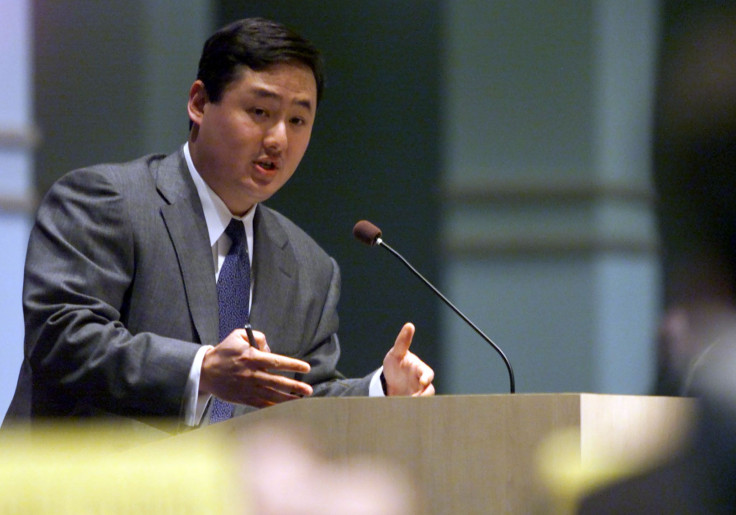Bush War In Iraq 2003 Legal Memo Released: President Not Required To Disclose WMD Information To Congress

A recently released Justice Department opinion that is more than a decade old outlines the legal argument for situations where the president is exempt from explicit statutory requirements to keep Congress "fully and currently informed" about foreign weapons of mass destruction. The report was obtained through a Freedom of Information Act request by the Federation of American Scientists (FAS), which has a stated goal of reducing the spread of nuclear weapons.
The opinion dates to Jan. 27, 2003, less than two months before the U.S. began a protracted war in Iraq predicated on the assertion from the George W. Bush administration that the ruling regime in the Middle Eastern country was in possession of weapons of mass destruction. Proof that the nuclear arsenal ever existed has not been found in the years since.
"Despite Congress’s extensive powers under the Constitution, its authorities to legislative [sic] and appropriate cannot constitutionally be exercised in a manner that would usurp the President’s authority over foreign affairs and national security," the opinion read.
The opinion was written by John C. Yoo, then a deputy assistant attorney general in the Office of Legal Counsel. Yoo is well known for having written the memos that provided the legal argument that would keep American officials from being tried for war crimes for torture wartime practices used in the Middle East during the Bush era. The torture programs have since been canceled by President Barack Obama.
FAS pointed out, in a post, several places where it believed the Justice Department had missed the mark. That includes the use of the word "disclosure" to describe classified briefings given to members of Congress that are not open to the public. According to U.S. statutes, the president and Justice Department are expected to brief Congress, which is not to say that those briefings need to be made public.
It wasn't immediately clear if the executive branch is still relying on that legal opinion. The document was discovered in 2009 when a separate declassified report made mention of the opinion.
© Copyright IBTimes 2024. All rights reserved.






















